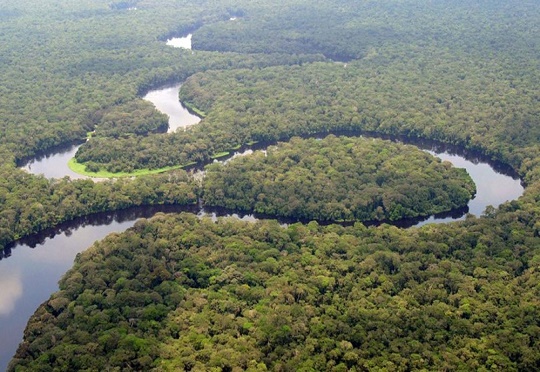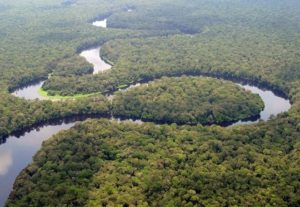
 The fifth edition of the African Governance Report (AGR-V) recently launched in Kigali Rwanda has examined efforts made to improve the governance of Africa’s abundant natural resources
The fifth edition of the African Governance Report (AGR-V) recently launched in Kigali Rwanda has examined efforts made to improve the governance of Africa’s abundant natural resources
Entitled “Natural Resource Governance and Domestic Revenue Mobilization for Structural Transformation”, the report, which is produced by the Economic Commission for Africa (ECA), builds on the themes and recommendations of previous African Governance Reports, which place good economic governance at the center of Africa’s structural transformation.
Natural resources are major contributors to public domestic revenue in Africa, largely expressing the structural dependence of resource-rich African economies on one or a few raw material export commodities and hence their vulnerability to price and demand volatility.
As part of wider governance reforms for the natural resource sector, greater engagement of the private sector is required to optimize resources from natural resource rents and expand revenue base, the report says.
Moreover, it adds, the decision-making chain of government should follow the entire value chain from information on resource deposits, to deal making, development, extraction, downstream value addition and project closure.
The report says that if well managed and sustainably exploited, natural resources have the potential to drastically improve domestic revenue mobilization and promotion of economic diversification across Africa.
It says Africa has been slow to convert its natural resources endowments to tangible development outcomes.
AGR-V emphasizes the need to strengthen natural resource governance institutions and frameworks for the enhancement of domestic revenue mobilization, promotion of economic diversification, and ultimately, structural transformation.
The fifth edition of the Report is based on empirical evidence drawn from case studies done in Botswana, Cameroon, Côte d’Ivoire, Egypt, Madagascar, Nigeria, Uganda and Tanzania.
The case studies address four broad issues; resource-rich African countries and their inability to transform their economies; institutions for improving the development impact of Africa’s natural resources; development planning and African policy outcomes; and raising of domestic revenue in Africa.
“There is urgent need to sustainably manage Africa’s diverse natural resources, including land and water for agriculture, forests, minerals, oil and gas,” ECA’s Macroeconomic Policy Division Director, Adam Elhiraika said in his presentation.
“The direct exploitation of natural resources has dominated economic activity, with benefits not being channeled down to everyone; and this has to change.”
Good natural resource governance must be underpinned by resource based development planning, Adam Elhiraika, adding that good natural resource governance required good institutions both formal and informal.
